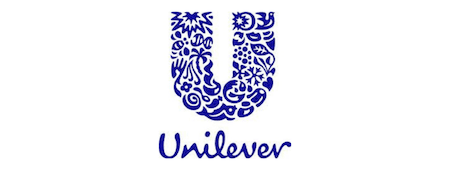Unilever to eliminate fossil fuels in cleaning products by 2030
Unilever took significant steps towards its pledge of net zero emission from its products by 2039. Magnum’s recycled plastic packaging and the elimination of fossil fuels in cleaning products both serve this goal.
Magnum launches recycled plastic tubs
Last year, Magnum became the first ice cream brand to use recycled polypropylene plastic rPP) in its packaging. This year, they will be rolling out over 7 million of the tubs across Europe. The advanced recycling technology that makes this possible transforms previously unrecyclable plastic waste into a valuable resource. The rPP waste can be re-processed infinitely, as the closed-loop recycling method preserves the quality of the material, thus reducing the need for virgin plastic. According to the plan, these new tubs will be available all across Europe by the end of 2020, while saving 160.000 kilos of virgin plastic. Moreover, by the end of 2025, every Magnum tub will be recycled and recyclable.
Unilever’s home care division to become completely green in 10 years
€1 billion Clean Future investment will drive a complete transition away from fossil fuel derived chemicals in Unilever’s cleaning and laundry products by 2030, while also unlocking new ways of reducing their carbon footprint. This is a critical step towards Unilever’s pledge of net zero emissions from its products by 2039. The chemicals used in Unilever’s cleaning and laundry products make up the greatest proportion of their carbon footprint (46%) across their life cycle. Unilever expects this initiative alone to reduce the carbon footprint of the product formulations by up to 20%. The Clean Future investment, which is additional to Unilever’s new €1 billion ‘Climate and Nature fund’, is focused on creating affordable cleaning and laundry products that deliver superior cleaning results with a significantly lower environmental impact.

The Carbon Rainbow
Central to Clean Future is Unilever’s ‘Carbon Rainbow’, a novel approach to diversify the carbon used in its product formulations. Non-renewable, fossil sources of carbon (identified in the Carbon Rainbow as black carbon) will be replaced using captured CO2 (purple carbon), plants and biological sources (green carbon), marine sources such as algae (blue carbon), and carbon recovered from waste materials (grey carbon). The sourcing of carbon under the Carbon Rainbow will be governed and informed by environmental impact assessments and work with Unilever’s industry-leading sustainable sourcing programmes to prevent unintended pressures on land-use.




Leave a Reply
Want to join the discussion?Feel free to contribute!